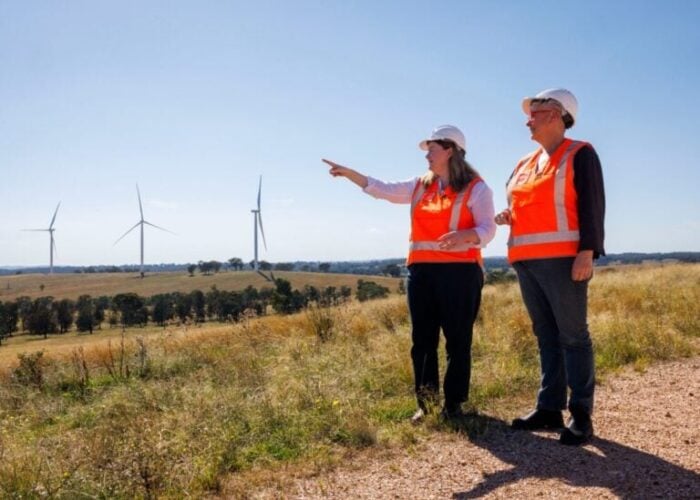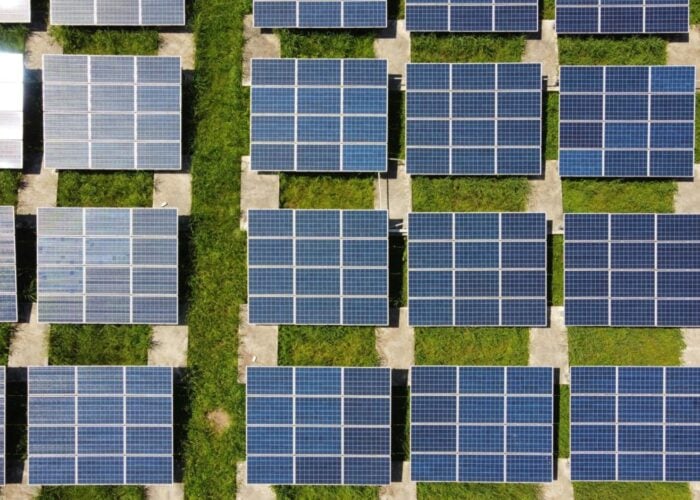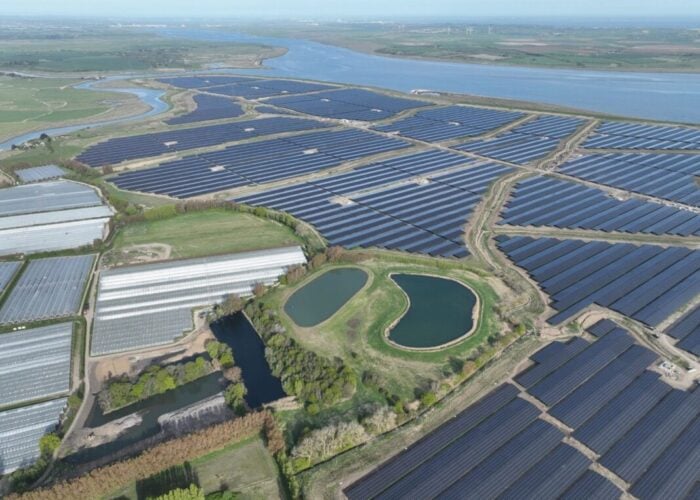German-based thermoplastic films producer RENOLIT Group is entering the PV module backsheet material sector, launching its product offering at Intersolar Europe.
RENOLIT, a private, family run business, said its polyolefin-polyamide multilayer-based material backsheet is produced in a single production step multilayer co-extrusion manufacturing process, offering high-performance and competitive cost advantages.
Unlock unlimited access for 12 whole months of distinctive global analysis
Photovoltaics International is now included.
- Regular insight and analysis of the industry’s biggest developments
- In-depth interviews with the industry’s leading figures
- Unlimited digital access to the PV Tech Power journal catalogue
- Unlimited digital access to the Photovoltaics International journal catalogue
- Access to more than 1,000 technical papers
- Discounts on Solar Media’s portfolio of events, in-person and virtual
The company said that its new backsheet product, ‘REFLEXOLAR’, employs polypropylene (PP), polyamide (PA) and polyethylene (PE) as base polymers and has a “dynamic barrier system” desiged to manage low moisture and oxygen concentrations inside the module but allowing the acetic acid to escape, significantly reducing moisture ingress and module performance degradation of conventional crystalline silicon based modules, according to the company.
“By the introduction of RENOLIT REFLEXOLAR, we are determined to contribute to the irreversible trend of making PV modules more efficient and affordable to the world,” noted Pierre Winant, board member of RENOLIT Group. “My vision was to develop a backsheet platform that performs equally or better than benchmark high performance Fluor-PET based laminates, yet using less expensive processes and polymers. Our backsheet can endure more than 12.000 hours of ‘2SUN weathering’, equivalent to 20 years of Florida conditions.”
The company said that it currently had 500MW of equivalent manufacturing capacity available for the PV backsheet material and plans to expand capacity to over 3GW by 2017.
The backsheet was said to being tested by various potential customers, with samples available in roll widths of up to 1200mm.
“We are quite excited that with our one-step production process we have an unmet design flexibility that opens up new module concepts, module manufacturing methods and performance perspectives to the PV module engineer,” added Christian Vergeylen, CEO of RENOLIT Belgium.







